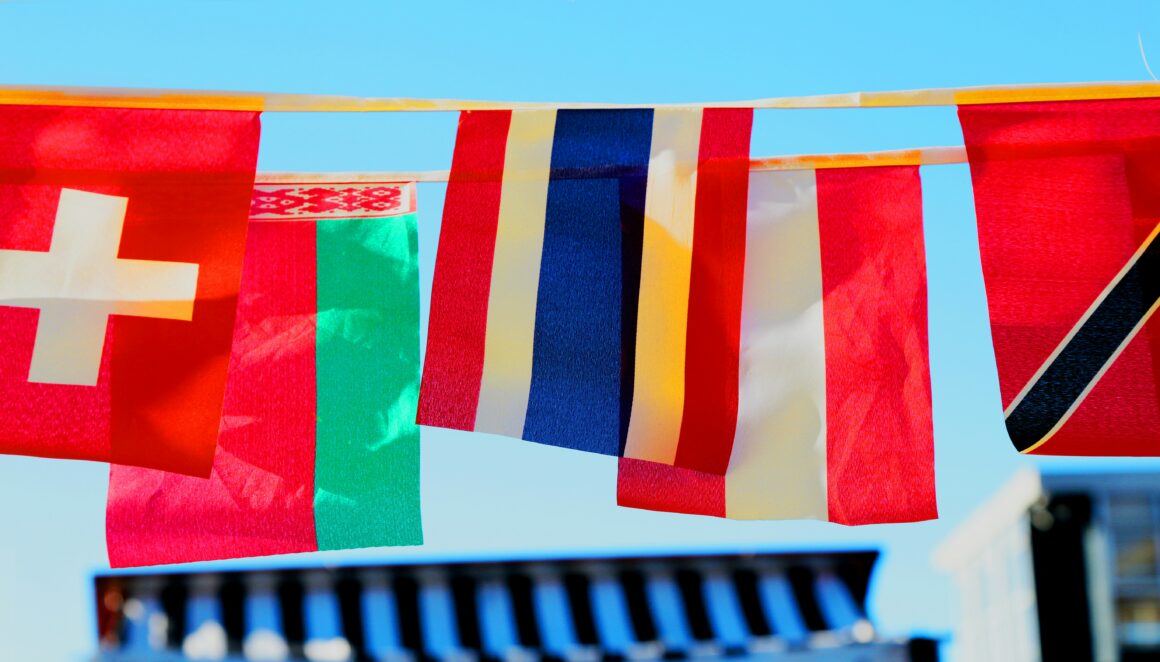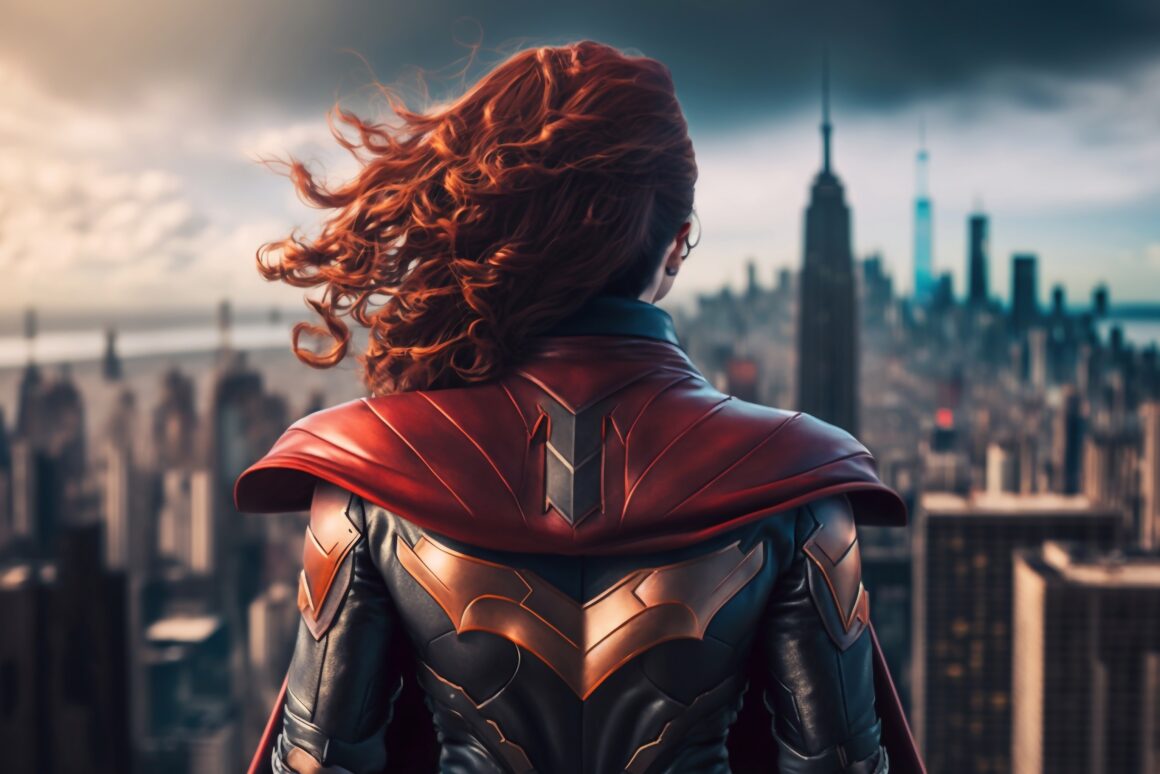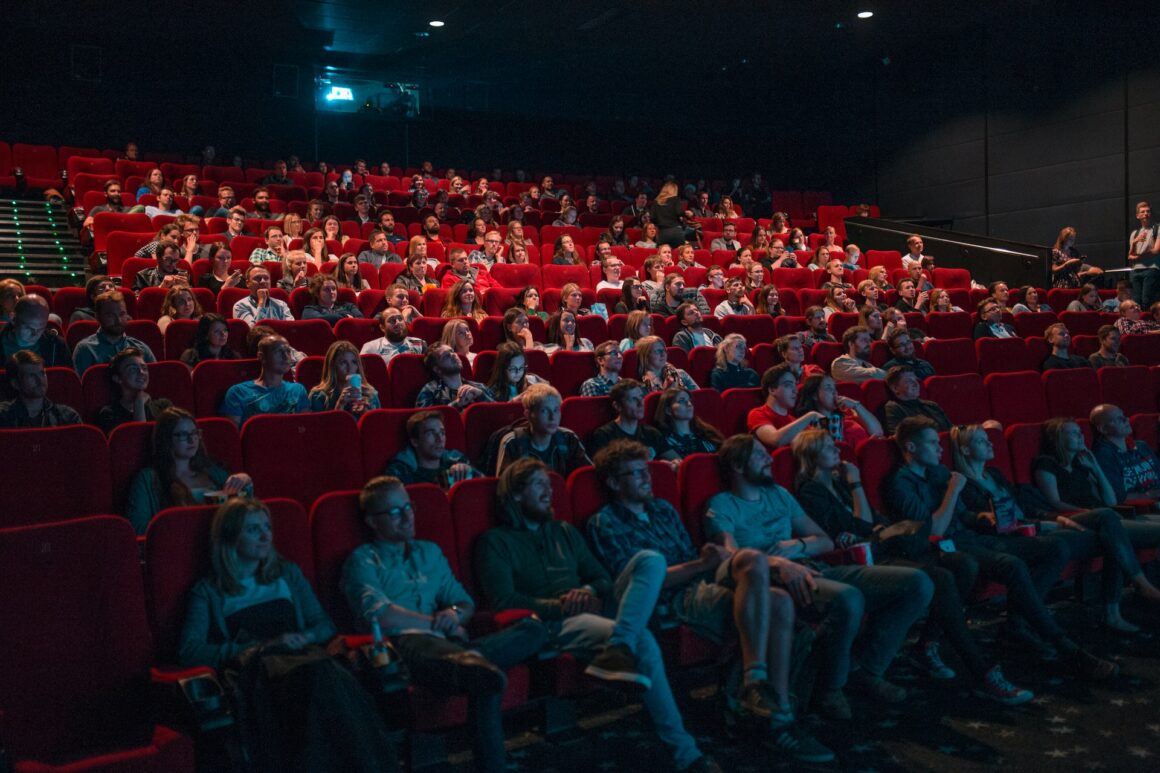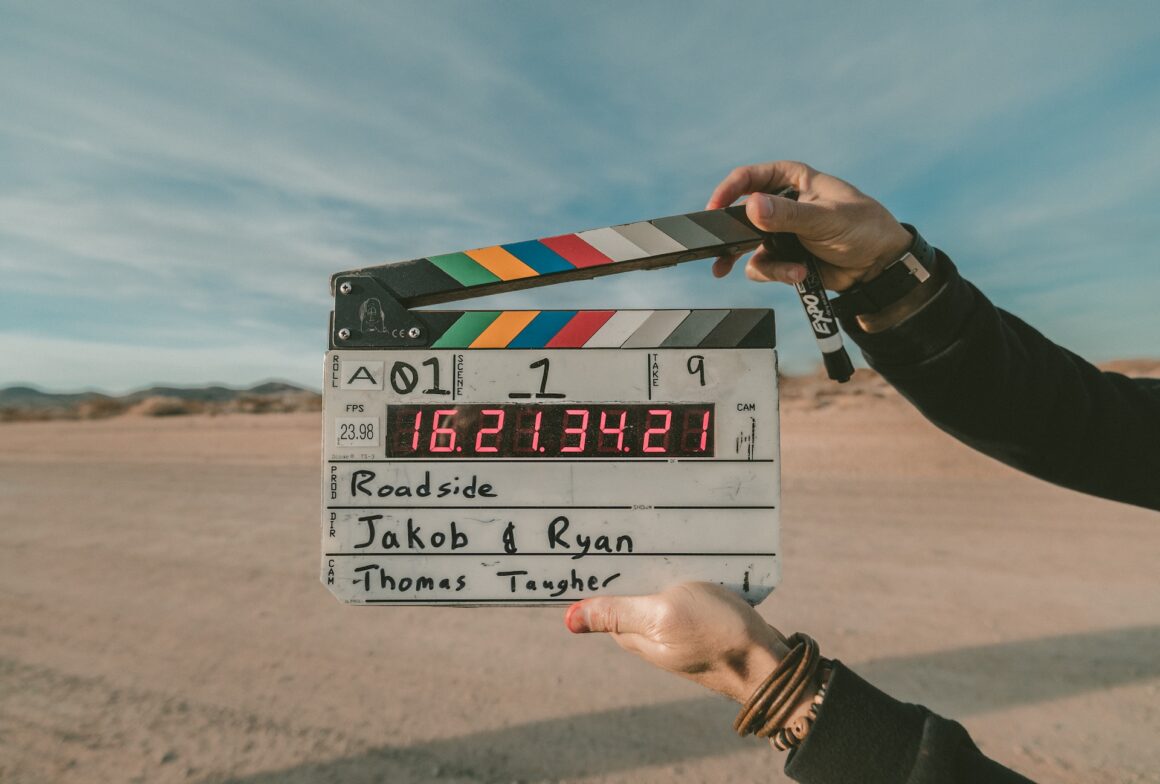Somewhere between the present and the not so distant future sits the world of Black Mirror.
Each episode tells a different story, most of them sending some sort of message about the state of our world. If your outlook after watching this show doesn’t become dismal and doubtful, you aren’t paying attention.
As our society hurdles further into an era characterized by advanced technology and non-physical communication, one must wonder what sort of lasting effects the digital age might have on us. Black Mirror gives us huge hints, and it’s not good.
In many cases, the lines between the virtual and physical world are blurred or nonexistent. One episode, “Nosedive”, follows the life of a woman in a world where social standing and access to certain qualities of life are directly dependent on how others rate their interactions with you through an app on their phones. If you aren’t polite or interesting enough, you get rated 2 or 3 stars and your average social rating drops, sending you into a lower class.

To avoid spoiling the episode, I’ll just tell you this: it’s easy to see how this can quickly become problematic. One can draw the parallels between it and the world we live in today. The heart, like, or favorite system that pervades major social media platforms forces us to become dependent on others for validation and status.
Still think a world like that is far off? It’s already here. Peeple, a “reputation application” that gives you consent to recommend or not recommend the people you react with was released in October of 2016. It received major backlash, but it’s worthy of noting that to some people, a world like that should exist.
Another episode, “The Waldo Moment”, hits home for many Americans who have just gotten front row seats to the most pivotal and controversial election of several generations. A snarky cartoon character voiced by a failed comedian suddenly becomes a voice for the politically tired and weary. What starts off as prank interviewing politicians becomes serious when the comedian gets pressured into running for the town’s election as the cartoon character. The more he disparages and criticizes the other candidates, the more the public and media popularize him. To the comedian’s dismay, his campaign turns the entire election into a punchline and the cartoon character into a praised demagogue.

After watching all 3 seasons, you might want to delete every social media app you have, throw your laptop away, and hide from the world. You may also realize how much you crave and rely on the new mediums of interaction that continue to crop up. You’ll feel trapped and at a loss, but that’s the point—it’s meant to make you think deeply and question everything, as you should be doing in a time like this. While you can’t avoid our hurdle towards complete dependence on technology, you can avoid getting caught in its barbs by remaining aware of its downfalls.
Black Mirror is the single most important show of today. It’s not some far away cautionary tale that tells about flying saucers and teleportation, and that’s what makes it so frightening and good. The issues the show addresses are happening right now, and it’s time we really evaluate the direction technology is taking us and start asking what reflects back when we look into these black mirrors.




